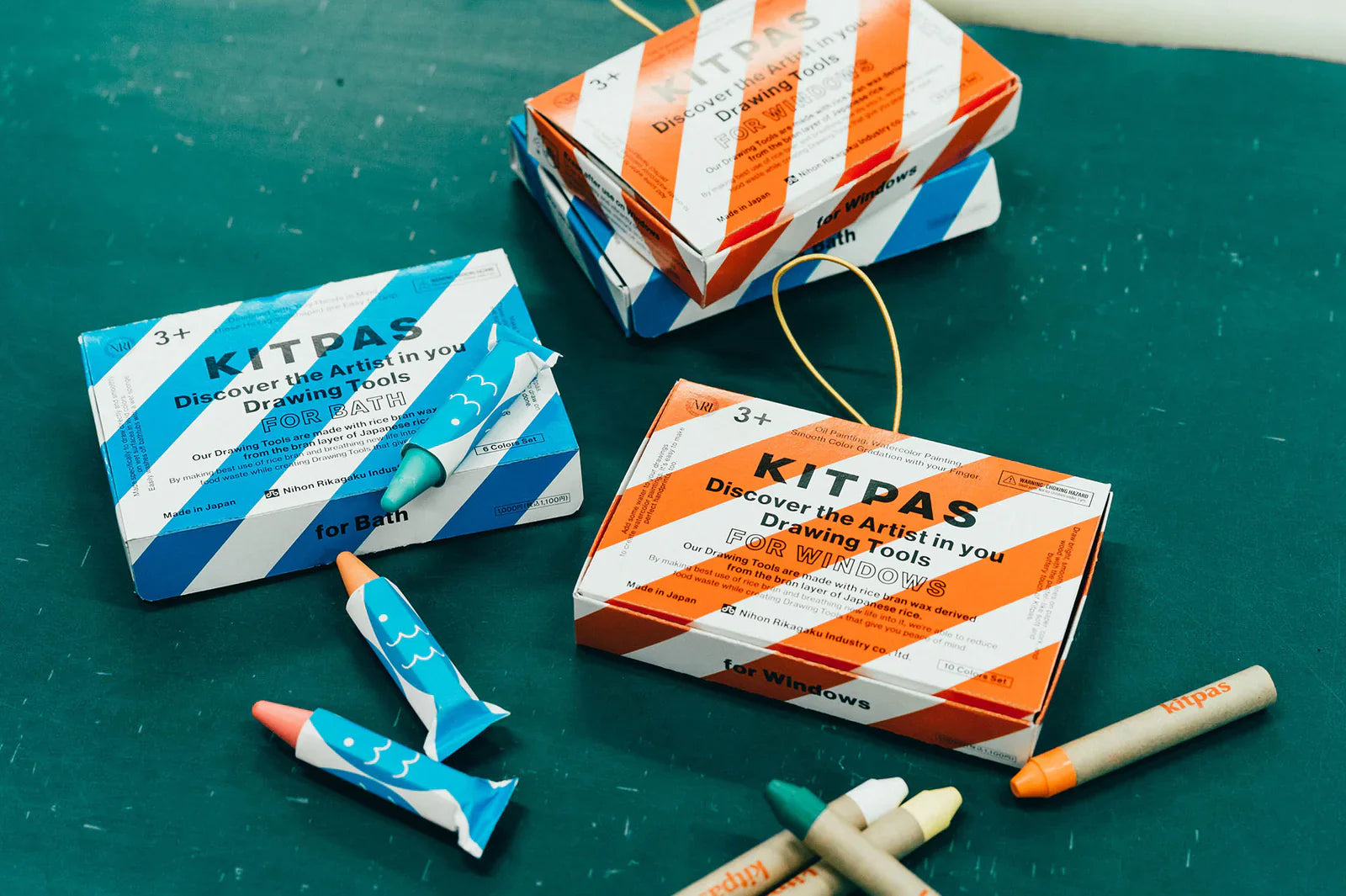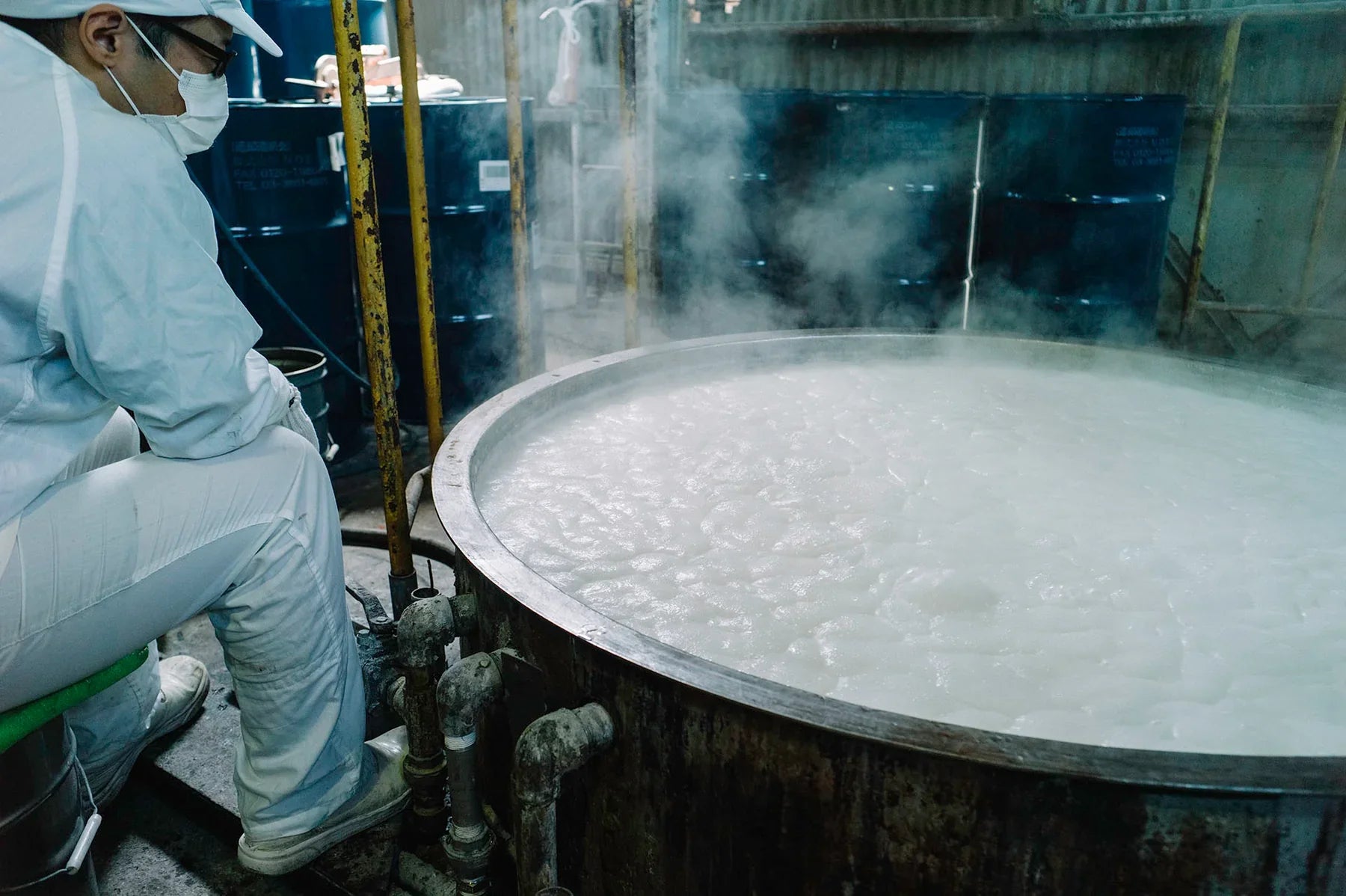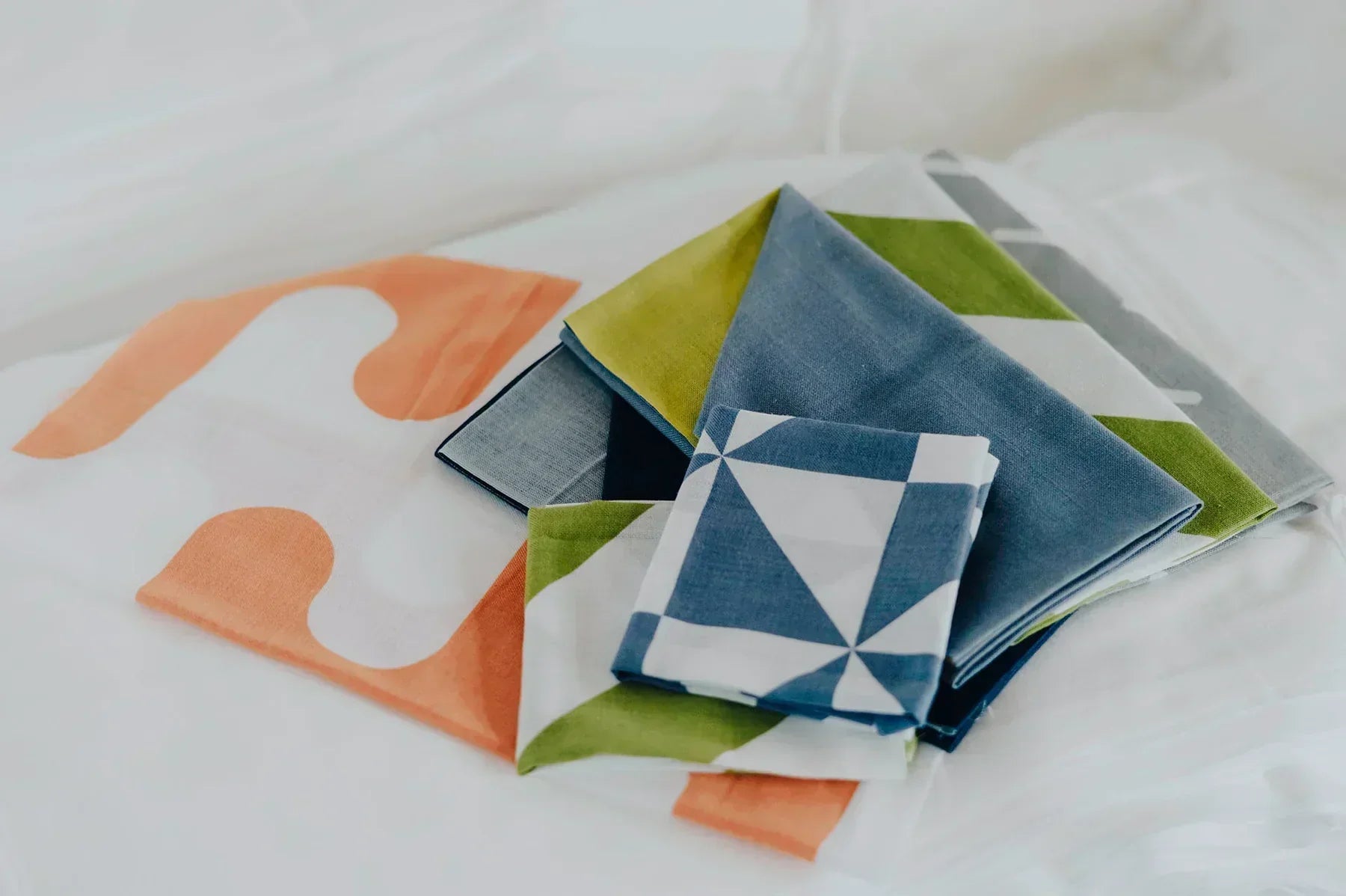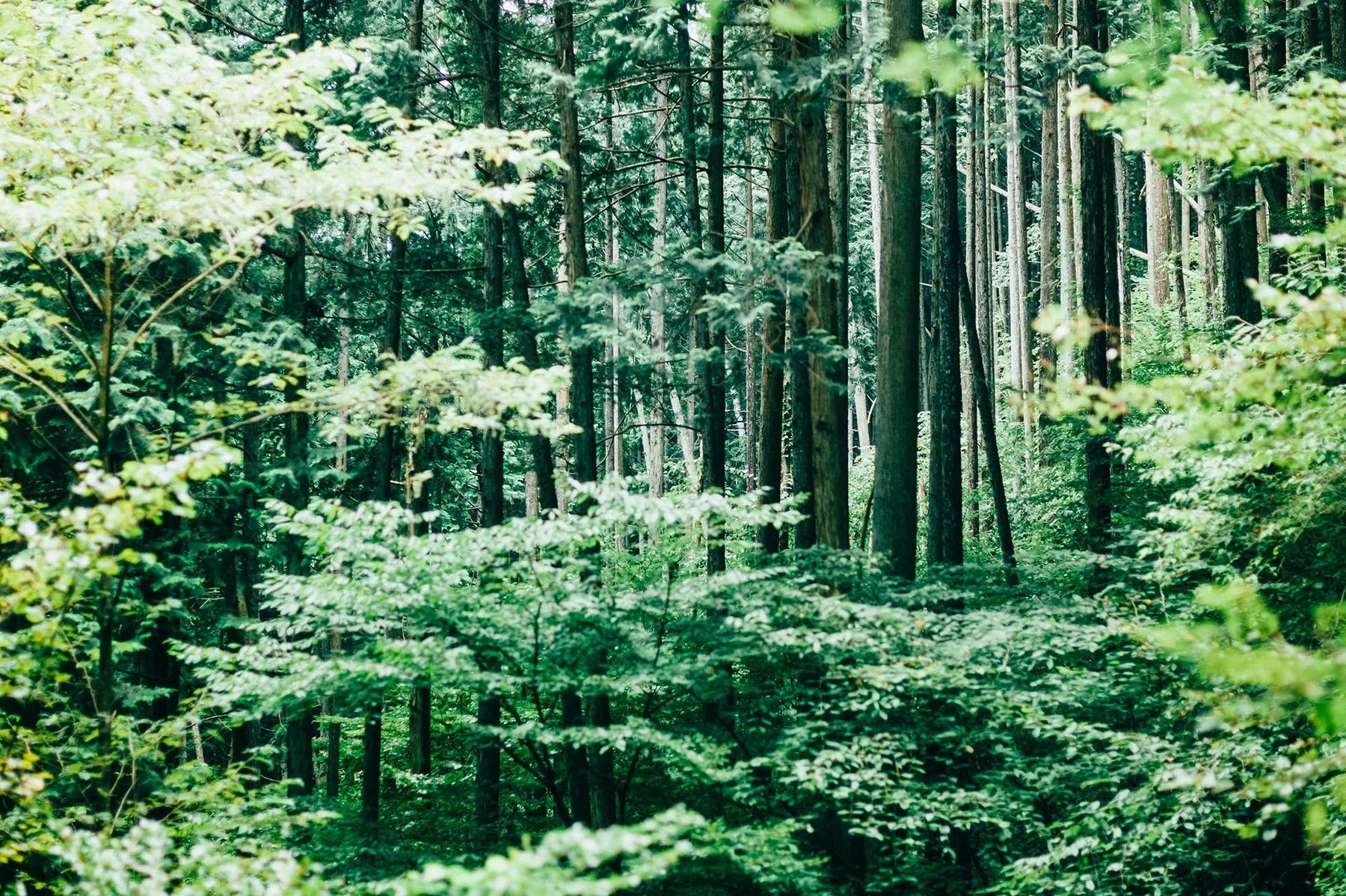
Drawing tools made by "Japan's most cherished company"
This is Nippon Rikagaku Kogyo in Kawasaki, Kanagawa Prefecture. Their main product is blackboard chalk. They have about 70% of the domestic market share and are the largest producer in Japan.
"Dustless Chalk," a long-selling product developed over 80 years ago, is popular nationwide as it produces little dust when writing and is not harmful to the body. It has won numerous awards both at home and abroad for its proactive approach to environmental issues, such as using scallop shells as part of its main ingredient.


Rikagaku Kogyo is a long-established, reputable company that has been selling chalk to schools and businesses since the early Showa period, but that is not the most noteworthy point about the company.
Of the 90 staff members, approximately 70% have mild to severe intellectual disabilities.
What's more, it's amazing that the entire production line is running smoothly and efficiently, with only people with intellectual disabilities.


It was in 1960 that Rikagaku Kogyo first started hiring people with disabilities.
It all started when a teacher from a special needs school near the factory came to the company with two 15-year-old female students to discuss employment. At first, the previous president, Yasuhiro Oyama, politely declined, saying, "It is a heavy responsibility to employ children with intellectual disabilities."
However, the teacher visited the company many times and strongly pleaded, "Just for two weeks, please teach these children the joy of working. If things continue like this, they will end up spending their whole lives away from their parents and in an institution without ever knowing the joy of working." Moved by the plea, Oyama decided to offer them a short-term opportunity - what would now be considered an internship.
At first, it was a constant struggle for both sides. Many individuals with intellectual disabilities have difficulty reading, writing, and numerical calculations, limiting the tasks they can perform. Communication barriers also made it difficult for them to learn skills that may seem simple to others.

Oyama wrestled with guilt about making children with intellectual disability work and was tormented by the thought that they would be happier living a trouble-free life in a specialised care facility.
However, contrary to expectations, the two students found immense fulfilment in their work. The sense of being needed and appreciated for their work brought them joy they had never experienced before. One of the students would arrive more than an hour before the shift and refused to take breaks until asked, working with unwavering dedication to her daily tasks.
Impressed by their dedication to work, everyone decided to hire them permanently rather than on a temporary basis. Since then, Rikagaku Kogyo has continued to hire a staff member with intellectual disabilities each year - a tradition that continues to this day.
The company's fourth-generation president, Takahisa Oyama, emphasizes that their hiring approach is not driven by social welfare considerations. Instead, they say they work together because the skills of these employees are needed and indispensable to Rikagaku Kogyo's product development.


Tasks that may appear simple often require advanced skills and prolonged concentration. Employees typically perform the same task throughout the day, taking only two breaks for lunch. Yet, once trained, those with intellectual disabilities rarely make mistakes. Many develop such a strong focus that they continue performing the same tasks for decades - an invaluable trait in their line of work.
When asked whether their work is difficult, the employees enthusiastically respond "It’s fun!" Their deep sense of purpose has led to exceptionally low turnover rates—a rarity that sets Rikagaku Kogyo apart.

The journey to achieving an inclusive workplace where able-bodied employees and employees with intellectual disabilities can work together in the same workplace was no easy feat.
For instance, while there are employees who can master task s like measuring 100 grams of manufacturing ingredients, stopping machines after three minutes, and discarding defective products, there are other employees that struggled.
Instead of giving up, Rikagaku Kogyo carefully took into consideration each employee's abilities. Through decades of trial and error, they developed an optimal work environment where everyone could contribute meaningfully.


These red and blue bags, which have almost no text printed on them, are also special orders made by the manufacturer.
The idea behind this material came from the realization that even staff who cannot read can distinguish the colors of traffic lights when commuting. In other words, they can put a red bag into a red bucket without any problems. They also realized that if they had red weights, they could measure the balance.
This color identification method was a great success, and its application has now created an environment where everyone can work responsibly.


When inspecting for defective products, even staff who cannot properly use measuring tools (calipers) can use this tool to visually measure thickness.
If they are unable to determine whether a product is defective, a "△" mark is provided, and they will eventually learn to determine whether it is defective.
These tools, which could be called the forerunners of universal design, have continued to be born from the ingenuity and creativity of our staff.
Thanks to these efforts, the factory now has production lines that are all run by people with intellectual disabilities.
These efforts gradually became known to the public, leading not only to numerous awards and interviews, but also to the company being featured in a best-selling book, "The Company Japan Most Cherished" (Asahi Publishing), which has sold over 700,000 copies.

And in 2005, Rikagaku Kogyo released Kitpas.
Kitpas is a mysterious drawing tool that can be wiped off if you use it on smooth surfaces such as windows and mirrors. If you dissolve it in water, you can use it with a paintbrush like watercolors.
The main ingredient is rice-based, so you can play with it without worrying about it getting on your hands and face.


Another series of Kitpas for the bathtub can be drawn on the walls or in the bathtub, but can be wiped off with water.
The design of the main body not sinking in water is not only for playing with it by floating it like a fish, but also from the perspective of safety considerations to prevent children from drowning.
These unique drawing tools, which incorporate so much thought and consideration, have been praised worldwide and are now on display and for sale at renowned museums such as the Museum of Modern Art (MoMA) in New York and the Louvre in Paris.


Standard Products sells two types: one for windows and one for bathrooms.
The market for commercial chalk, which is Rikagaku Kogyo's main product, is shrinking year by year due to a decline in the number of schools and companies using it. That's why they are now focusing on selling Kitpas.
This time, we decided to do our best, however small, to help not only sell Kitpas, but also to raise awareness of the company Rikagaku Kogyo.
In addition to the excellent quality of their products, Rikagaku Kogyo is known as "the company that we most want to cherish in Japan."
President Takahisa is actively working to spread the "rakugaki (doodle) culture" that can be enjoyed not only by children but by anyone, regardless of age or gender.
Why not take this opportunity to have some fun drawing with your children?
Kitpas official website:
www.kitpas.com
First release at Ikebukuro Tobu store
*Released at all stores from March onwards

LATEST STORY

Laundry detergent made using the traditional kettle cooking method
This laundry detergent is made with pure soap, paired with a fabric softener that leaves a natural finish. Our goal was to create a product that strikes the right balance—easy to use, environmental...
Read more
Tenugui dyed using a technique unique to Japan
Sakai City, Osaka Prefecture, is a major production area for tenugui. Takeno Senko is the only company that can make double-sided roll-printed tenugui. Craftsmen carefully dye the textured Japanese...
Read more
Miscellaneous goods made from domestic wood and thinned wood
What image comes to your mind when you hear the word "deforestation"? While often associated with environmental loss, in Japan, sustainable forestry involves the careful use of thinned wood to main...
Read more